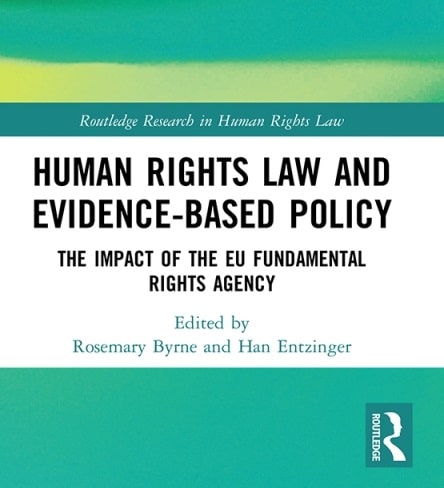13 years after its creation and 10 years after the EU’s Fundamental Rights Charter entered into force, the Fundamental Rights Agency (FRA) looks at its impact on the human rights landscape of Europe. Launched on 22nd January 2020, the book ‘Human Rights Law and Evidence-Based Policy: The Impact of the EU’s Fundamental Rights Agency’ combines a legal and social science approach, in line with FRA’s working methodology.

On more than one occasion attendees explained that FRA had a limited mandate in comparison to other EU agencies. Michael O’Flaherty, current Director of FRA, stated that there is a need to seek a stronger mandate but to be careful not to risk what is already in place.
AGE is a strong supporter of the FRA, although we regret that the Agency has not to date undertaken a specific project on older persons. The recent focus of FRA’s annual report on ageing and the remarks of their Director around human rights in older age demonstrate that the Agency has increased consciousness of how fundamental rights are affected in later life. For several years FRA has in the pipeline a project on older persons, but so far this has not been materialised. We hope that in 2021 the Agency will finally be able to increase awareness of the discrimination and human rights abuses faced by older persons and encourage policy reforms around these issues.






